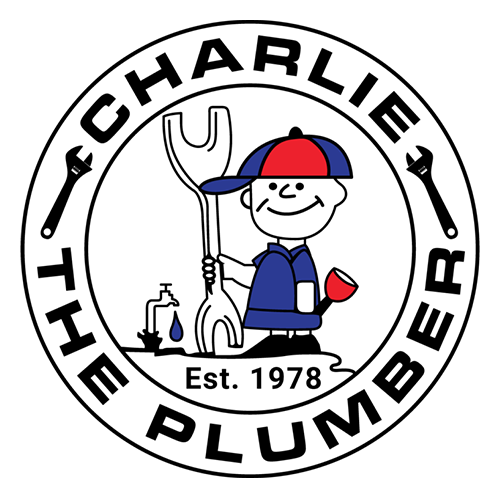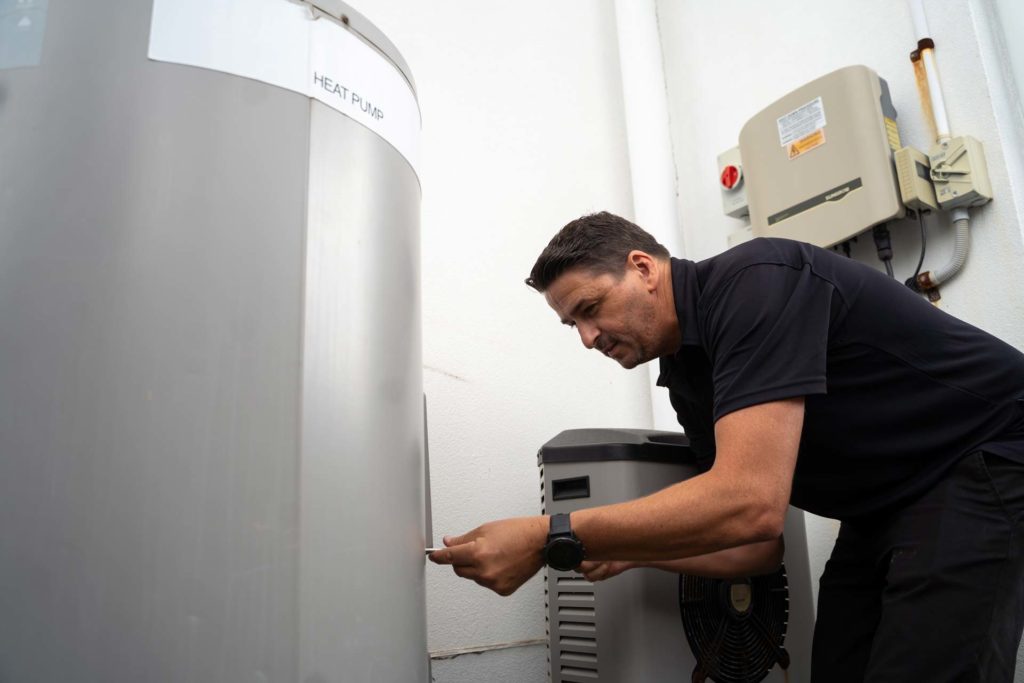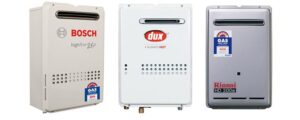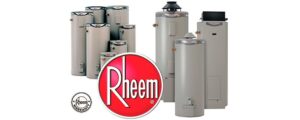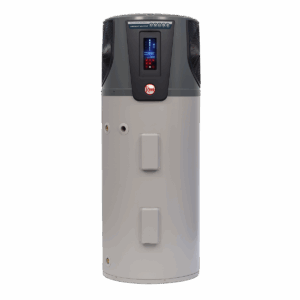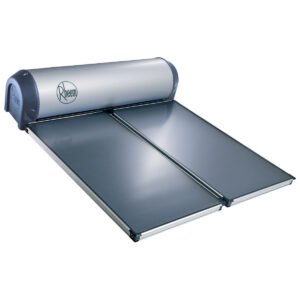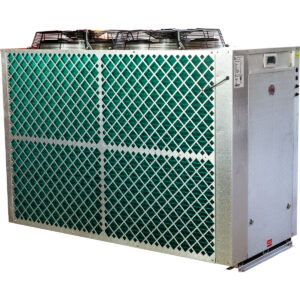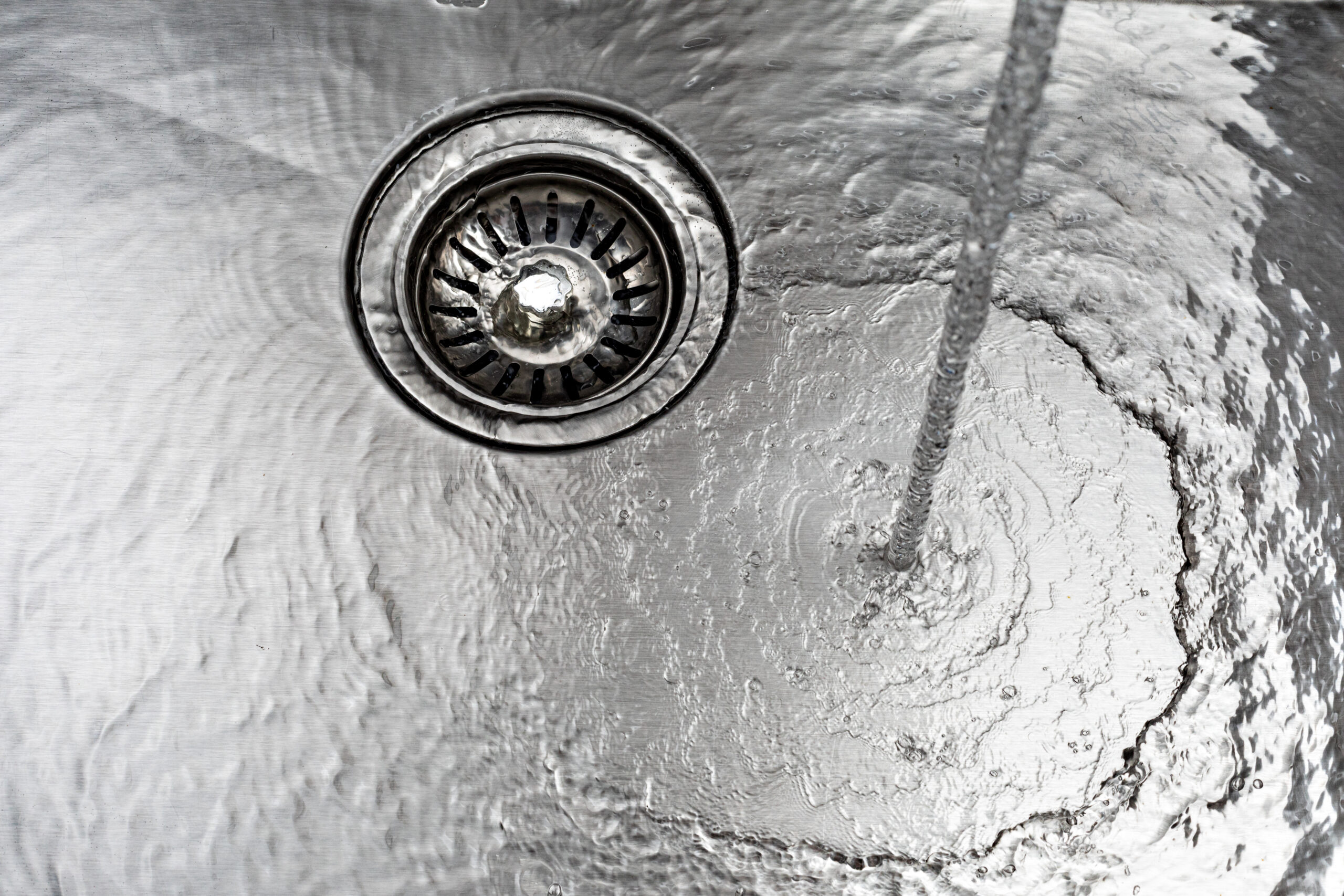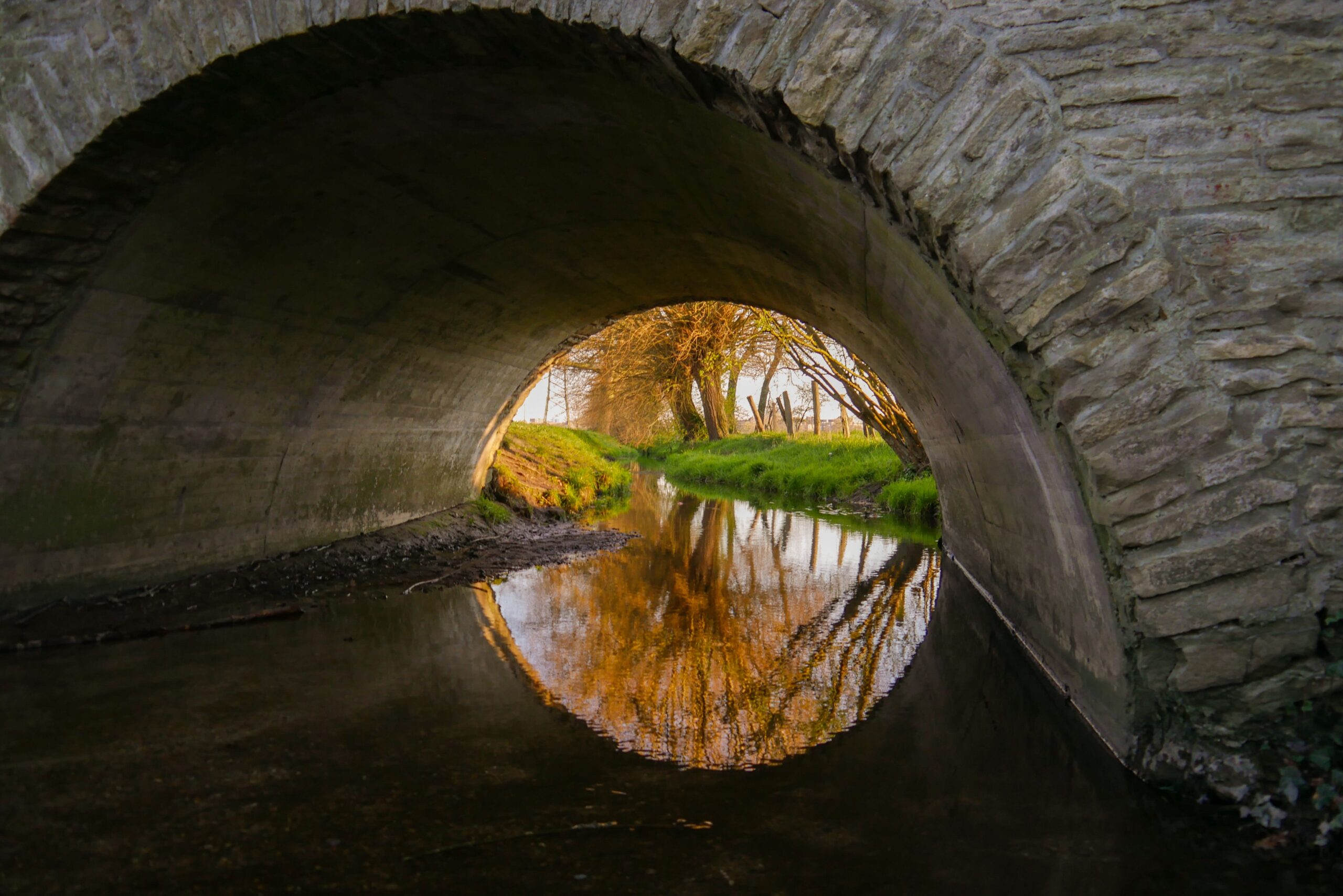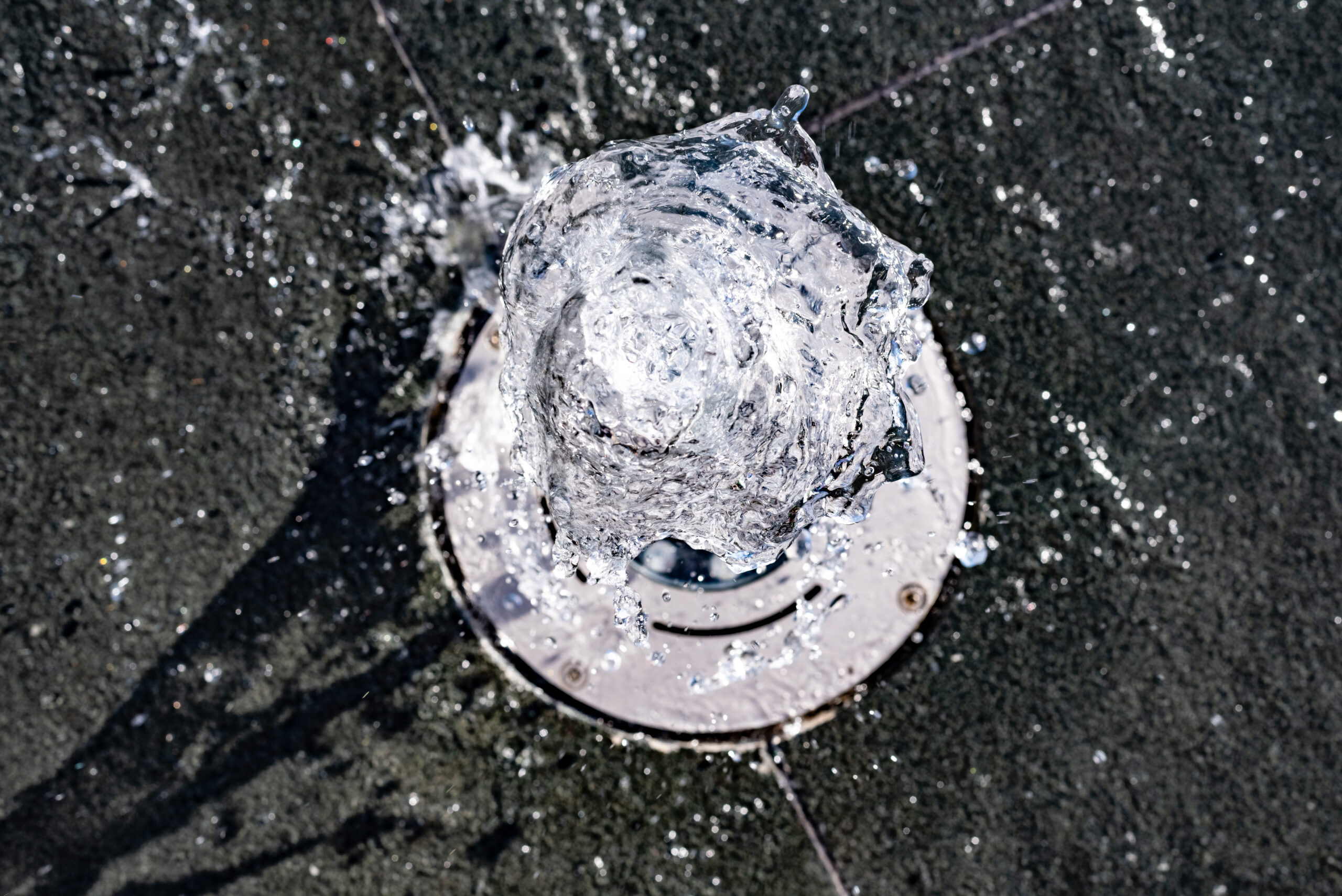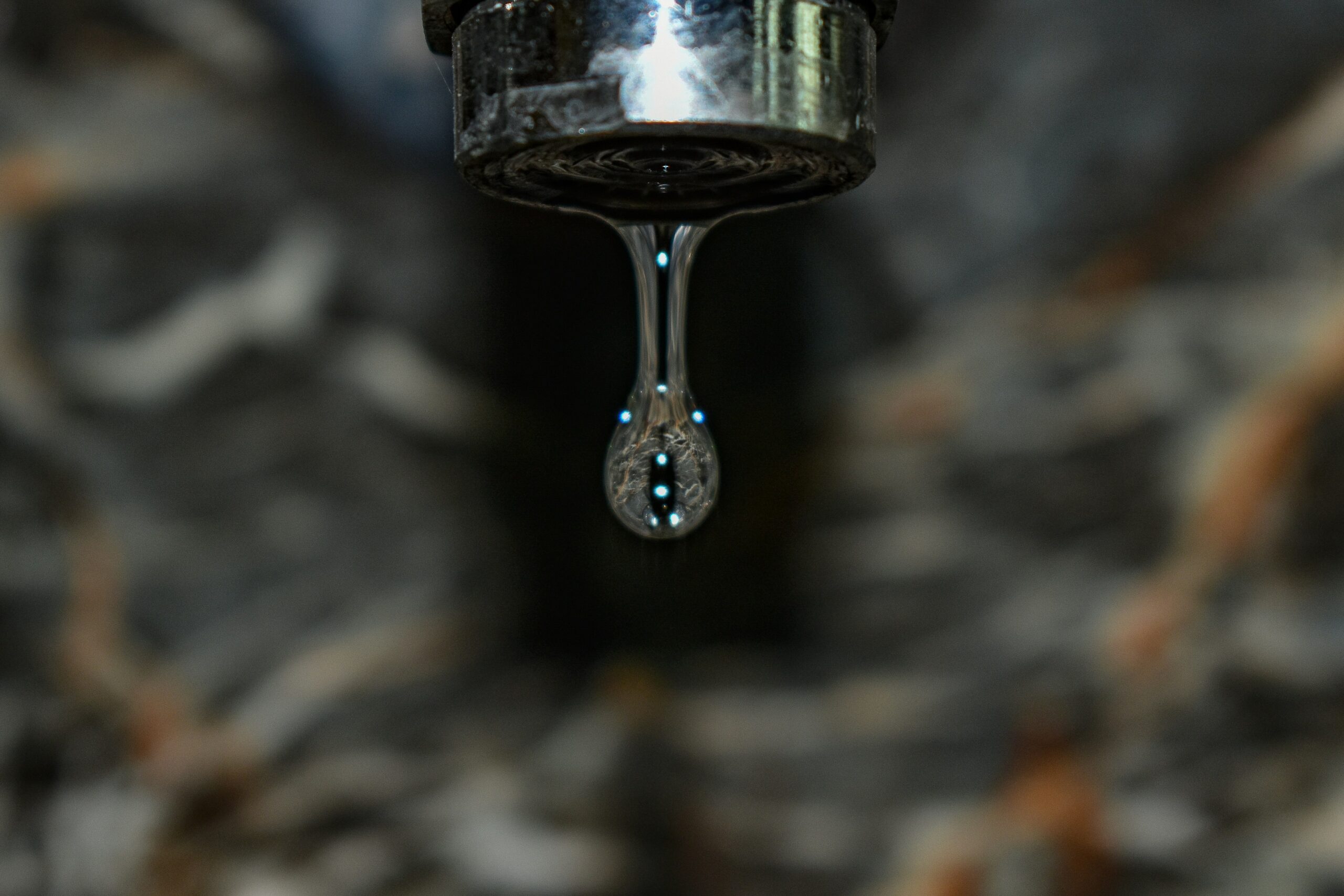Are rising energy bills and the dreaded cold shower a common occurrence at your Gold Coast home? Choosing the right hot water system is a game-changer. It can slash your running costs by up to a whopping 70 percent, ensure you always have hot water when you need it, and even help you snag some handy government rebates. This guide is your ticket to understanding all the main system types, comparing their costs and efficiency, checking out top brands, knowing when it’s time for a swap, keeping things running smoothly, and unlocking those valuable incentives. We’ve tailored it all specifically for homes across Gold Coast, Logan, and Brisbane.
What Are the Different Types of Hot Water Systems Available?
A hot water system is designed to heat and either store water or provide it on demand, using power from electricity, gas, solar, or heat pump technology. Getting a handle on how each one works and what its main advantages are will help you pick the perfect match for your household’s needs.
| System Type | How It Works | Key Benefit |
|---|---|---|
| Electric Storage | Heats water in a tank using an electric element. | Affordable initial cost. |
| Continuous-flow Gas | Heats water instantly as you need it, using natural gas or LPG. | Endless supply of hot water. |
| Solar | Uses the sun’s rays captured by collectors, with a booster for cloudy days. | Significantly cuts down your energy bills. |
| Heat Pump | Extracts warmth from the outside air to heat your water. | Saves up to 70% on energy use. |
| Electric Instantaneous | Heats water the moment it flows through the tap. | Takes up very little space. |
Within each of these categories, you’ll find further options – like tank versus on-demand, natural gas versus LPG, or split versus integrated solar setups. This means you can fine-tune your choice based on the capacity you need, the space you have, and your ongoing running costs, ensuring it fits your home and how you use hot water systems perfectly.
What Is an Electric Hot Water System and How Does It Work?
An electric hot water system heats water inside an insulated tank. An electric element, submerged in the water, does the heating. When the thermostat calls for hot water, electricity powers this element, warming the water up and keeping it ready for you. This type is a great option if you’re on an off-peak electricity plan or have a predictable hot water routine. Installation is usually straightforward, and you won’t need any gas connections. Just make sure you get the right tank size and element wattage to avoid any waiting times for hot water and make the most of those cheaper off-peak electricity rates. hot water systems
How Do Gas Hot Water Systems Operate: Natural Gas vs LPG?
Gas hot water systems use a burner to heat water, either in a storage tank or on demand with continuous-flow units. They run on either natural gas piped directly to your home or LPG in bottles. For on-demand systems, water is heated as it passes through a heat exchanger. Storage models heat and hold a set amount of water. If you have natural gas connected, it’s generally the more economical choice for running costs. LPG offers flexibility if you’re not connected to the mains gas supply. Whichever you choose, you’ll need a licensed gas fitter to ensure everything is installed safely and complies with all the relevant standards, including proper ventilation. hot water systems
What Are Solar Hot Water Systems and Their Environmental Benefits?
Solar hot water systems harness the power of the sun. Roof-mounted collectors – either flat-plate or evacuated tubes – capture solar energy and transfer it to heat water stored in a tank. If the sun isn’t quite cutting it, a gas or electric booster kicks in to ensure your water stays at the right temperature. By using the sun’s energy instead of grid power, you can significantly cut down on greenhouse gas emissions – by up to 80 percent – and enjoy lower energy bills all year round. Plus, in Queensland, these systems can qualify you for Small-scale Technology Certificates, which can really help with the initial cost and unlock further savings.
How Do Heat Pump Hot Water Systems Save Energy?
Heat pump hot water systems are clever energy savers. Instead of generating heat directly, they work by transferring heat from the outside air into your water using a refrigeration cycle. A refrigerant circulates between an outdoor unit and your storage tank, capturing ambient heat even when the air temperature is quite mild. These systems are incredibly efficient, often achieving a Coefficient of Performance (COP) of 3 to 4. This means they use about 60–75 percent less electricity compared to standard electric storage systems, leading to substantial savings on your energy bills and a smaller carbon footprint.
Energy Efficiency of Hot Water Systems – en-gb
Research confirms that heat pump hot water systems offer considerable energy savings over traditional electric storage units, especially in milder climates. Studies indicate potential energy savings of up to 70% thanks to their superior Coefficient of Performance (COP).
This research backs up the claims made in this article about the impressive energy efficiency of heat pump systems.
What Are Continuous Flow vs Storage Hot Water Systems?
Our white label link building services are the best option for agencies looking for quality, scalability, and convenience. We create SEO optimized, fresh content that performs well in search rankings and boosts your clients’ site authority. All of our backlinks come from authoritative publishers. We’ll secure the quantity you need and in the right time frame.
How to Compare Hot Water Systems: Costs, Efficiency, and Suitability?
When you’re comparing hot water systems, you need to look at the initial cost of buying and installing it, how much it will cost to run each year, and how well it matches your household’s hot water usage. A clear, side-by-side comparison will show you which technology best fits your budget, your desire for efficiency, and your peak demand needs.
| Comparison Aspect | Electric Storage | Gas Continuous Flow | Solar with Booster | Heat Pump Storage |
|---|---|---|---|---|
| Upfront & Installation | $2,400–$2,700 | $1,700–$2,000 | $4,000–$6,000 | $4,800–$4,900 |
| Annual Running Cost | $400–$600 | $300–$500 | $100–$200 (after rebate) | $150–$300 |
| Energy Efficiency Rating | 2–3 stars | 3–4 stars | 4–5 stars | 4–5 stars |
| Suitability | Small to mid-size families | Mid to large families | Homes in sunny areas | Homes in moderate climates |
As you can see, solar and heat pump systems offer the lowest running costs and the best efficiency, while electric units are the most budget-friendly to buy initially.
What Are the Upfront and Running Costs for Each Hot Water System Type?
Electric systems generally have the lowest purchase and installation prices, but you’ll pay more on your electricity bills. Gas units can cost a bit more to install, especially if you’re switching from electric, but you’ll benefit from lower gas tariffs. Solar and heat pumps require a larger initial investment, though government rebates can significantly reduce this. However, their very low running costs make them the most economical choice in the long run, especially here on the Gold Coast.
Which Hot Water System Is Most Energy Efficient for Gold Coast Homes?
For our subtropical climate here, heat pump and solar systems are the champions of energy efficiency. Solar collectors make the most of our abundant sunshine year-round, and heat pumps work brilliantly with our mild ambient air temperatures. If you’re looking to cut down on greenhouse gas emissions and lower your electricity bills, both of these options will outperform standard electric storage systems by a significant margin – typically 50–75 percent.
How Does Household Size Influence Hot Water System Choice?
If it’s just you and one other person with modest hot water needs, a small continuous-flow gas or electric on-demand unit might be perfect. For a family of four, you’ll likely need a storage tank around 250–315 litres, or a high-capacity continuous-flow system that can deliver 25–30 litres per minute. It’s crucial to think about your peak usage times – like when multiple showers are running and the dishwasher is on – to make sure you get the right size system and avoid any chilly surprises.
What Are the Environmental Impacts of Different Hot Water Systems?
When electric resistance units are powered by electricity from the grid, they contribute to higher carbon emissions. Gas burners release CO₂ and NOₓ, although natural gas has a lower environmental impact than LPG. Solar and heat pump systems drastically reduce your reliance on fossil fuels, making them the most eco-friendly choices and aligning perfectly with Queensland’s push for renewable energy.
How Do Local Energy Tariffs and Climate Affect System Performance?
Gold Coast residents are in a good position with moderate electricity prices and plenty of sunshine, which makes off-peak electric storage systems with time-of-use plans or solar thermal integration very attractive. LPG prices can vary, so continuous-flow gas might be less predictable cost-wise. Heat pumps perform best when temperatures are above 5 °C, which is rarely an issue for us locally. Solar collectors need a clear, north or east-facing roof space to capture the maximum amount of sunlight.
What Are the Benefits and Drawbacks of Popular Hot Water System Brands?
The leading manufacturers offer a range of warranties, build quality, and service networks. By looking into brand reputations, their after-sales support, and how experienced local installers are, you can be confident in your investment.
- Rheem: Tough Australian-made storage tanks backed by a 10-year warranty.Their Stellar range includes heat pumps and tanks ready for solar.Extensive service network right here on the Gold Coast.
- Rinnai: A leader in continuous-flow gas systems, featuring advanced combustion technology.They also offer tankless electric models.Known for reliable performance, though replacement parts can be pricier.
- Dux & Aquamax: Quality electric storage units at competitive prices.Simple to install and service by local plumbers.Shorter cylinder warranties, typically 5–7 years.
- Bosch & Vulcan: Premium instantaneous gas and electric options, engineered in Germany.Sleek, slimline designs with sophisticated controls.A higher price tag is justified by their efficiency and dependability.
What Makes Rheem Hot Water Systems a Trusted Choice?
Rheem’s storage tanks, built and engineered in Australia, provide consistent water temperatures and excellent corrosion protection thanks to robust anode rods. Combined with readily available local service and long warranties, Rheem units are designed for low maintenance and quick emergency support across Gold Coast, Logan, and Brisbane.
How Do Rinnai Hot Water Systems Compare in Performance and Reliability?
Rinnai‘s continuous-flow gas water heaters are known for their precise temperature control, low-emission burners, and high flow rates of up to 32 litres per minute, making them suitable for larger homes. Their modular design makes servicing easier, but installation requires a certified gas fitter and proper ventilation.
What Are the Key Features of Dux and Aquamax Hot Water Systems?
Dux and Aquamax focus on making electric storage systems simple and effective. Their tanks are easy to install, feature reliable heating elements, built-in safety valves, and user-friendly digital controls. They’re a great choice for homeowners looking for a straightforward replacement without the complexities of gas fitting.
Which Bosch and Vulcan Models Are Best for Residential Use?
Bosch and Vulcan offer slim, wall-mounted continuous-flow systems that provide very accurate temperature control and low NOₓ emissions. Their compact size is perfect for apartments or smaller homes with limited roof space, and they can even integrate with smart home systems.
How to Choose the Right Brand Based on Your Home’s Needs?
Match the brand‘s strengths – like warranty length, flow capacity, and energy efficiency – to how you use hot water. Prioritise brands with strong local service networks for quick emergency support. Consider manufacturers with certified installer programs and weigh up the long-term running costs against the initial purchase price to make a well-informed decision.
When and How Should You Install or Replace Your Hot Water System?
How Do You Know It’s Time to Replace Your Hot Water System?
Keep an eye out for signs like rusty-looking water, persistent leaks, a drop in water temperature, strange rumbling noises from sediment build-up, or if your tank is over 10 years old. If the cost of repairs starts to add up to more than half the price of a new system, it’s definitely time to consider upgrading to a newer, more efficient model.
What Is the Hot Water System Installation Process in Gold Coast?

- We’ll assess your site and determine the perfect system size for your needs.
- Your old unit will be safely removed and disposed of.
- The new tank or wall-mounted system will be positioned and secured.
- Licensed professionals will handle all electrical wiring or gas-fitting connections.
- Finally, we’ll pressure test, calibrate the temperature, and commission the system.
Why Is Using a Licensed Plumber Important for Installation and Gas Fitting?
Licensed plumbers and gas fitters have the necessary qualifications and expertise to ensure your installation complies with all Queensland safety and licensing regulations. They guarantee correct pipe sizing, leak-free connections, proper venting for gas appliances, and provide the valid certification needed for your warranty and insurance.
What Are the Local Regulations and Standards for Hot Water Systems?
All installations must meet Australian Standards AS/NZS 3500 for plumbing and AS/NZS 5601 for gas. You’ll also need to comply with QBCC licensing requirements, any local council building approvals, and minimum energy performance standards (MEPS). Mandatory tempering valves are essential to prevent scalding, and storage tanks need to reach 60 °C to effectively control bacteria.
How Does Emergency Hot Water System Replacement Work?
If your hot water system completely fails, our emergency replacement service can have you sorted with same-day supply and installation. Our rapid response plumbers will assess the situation, make the area safe, remove the old unit, and install a new one, often within 24 hours, to get your hot water back up and running with minimal fuss.
How Can You Maintain and Repair Your Hot Water System for Longevity?
What Are Common Hot Water System Problems and How to Troubleshoot Them?
Issues like leaks, not enough hot water, fluctuating pressure, or noisy operation often point to problems like corroded anode rods, scale build-up, faulty thermostats, or pressure relief valves. Simple checks, thermostat adjustments, and draining sediment can often sort out minor issues before they become major headaches.
How Often Should You Service Your Hot Water System in Gold Coast?
We recommend annual check-ups by a qualified plumber for solar and heat pump units. For electric and gas storage models, a service every 2–3 years is usually sufficient. Regular professional maintenance ensures that valves, anode rods, and controls are all working perfectly.
What Are Essential Maintenance Tasks: Anode Rod, Tempering Valve, and Pressure Relief Valve?
- Anode Rod Replacement: Every 3–5 years to stop your tank from corroding from the inside.
- Tempering Valve Check: Annually to make sure the water temperature delivered is safely below 50 °C.
- Pressure Relief Valve Test: Test this twice a year to ensure it functions correctly and prevents over-pressurisation.
Keeping up with these tasks helps prevent rust, protects against scalding, and avoids the risk of a major tank failure.
When Should You Call a Professional for Hot Water Repairs?
If you’ve tried troubleshooting and the problem persists, or if you notice any gas smells, electrical issues, or ongoing leaks, it’s time to call in the experts. A licensed plumber will ensure the repair is done safely and correctly, and importantly, keeps your warranty valid.
How Does Regular Maintenance Improve Energy Efficiency and System Life?
Keeping heat exchanger surfaces clean on heat pumps, removing scale from electric tank elements, and servicing burners on gas units all help maintain their rated efficiency. Systems that are well looked after use less energy, break down less often, and provide reliable hot water for longer, ultimately costing you less over their lifetime.
What Government Rebates and Incentives Are Available for Hot Water Systems in Queensland?
What Are Small-scale Technology Certificates (STCs) and How Do They Work?
STCs are a way to measure the renewable energy generated by eligible solar and heat pump water heaters. Each certificate represents one megawatt-hour (MWh) of electricity displaced. You can sell these certificates to energy retailers, which effectively reduces the upfront cost of your new system when it’s installed.
Which Hot Water Systems Qualify for Government Rebates?
Solar thermal collectors, especially when paired with gas or electric boosters, and standalone heat pump units that meet specific efficiency standards are eligible for STCs. The system must be designed and installed by accredited professionals under the Renewable Energy Certificate (REC) program.
How Can You Apply for Rebates When Installing a New System?
Your accredited installer will typically handle the creation and assignment of STCs at the time of installation. The value of the rebate is then deducted directly from your invoice, meaning you only pay the reduced price. Just make sure all the necessary paperwork, including system details, installer accreditation, and compliance documents, is submitted correctly and on time.
What Are the Financial Benefits of Rebates for Gold Coast Homeowners?
In Queensland, you can expect STC rebates to range from around $800 to $1,800 for solar systems and $1,200 to $2,500 for heat pump units. This can cut your initial expenditure by 30–40 percent and significantly shorten the time it takes for the system to pay for itself, often down to just 3–5 years.
Government Rebates for Renewable Energy – en-gb
Government incentives, such as Small-scale Technology Certificates (STCs), are available to homeowners who install solar and heat pump hot water systems. These rebates can significantly reduce the upfront cost of these systems.
This citation confirms the information provided in the article regarding government rebates for solar and heat pump systems.
Are There Any Upcoming Changes to Hot Water System Incentives?
It’s a good idea to check the Clean Energy Regulator’s updates each quarter, as STC deeming periods and rebate rates can change. Sometimes, state-specific initiatives can offer additional benefits on top of federal programs, so staying informed is key to maximising your savings.
How to Choose the Best Hot Water System for Your Household Needs?
- Budget and Payback Period: Decide how much you’re comfortable spending upfront versus how quickly you want to see savings.
- Energy Source Availability: Check if you have access to mains gas, if LPG is an option, if your roof gets enough sun, or if you have space for a heat pump unit.
- Household Size and Usage Patterns: Make sure the system’s capacity and flow rate can handle your peak hot water demands.
- Climate Considerations: Take advantage of the Gold Coast’s sunshine for solar or its mild temperatures for heat pumps.
- Installer Expertise and Warranty: Opt for brands with strong local service networks and reliable warranty coverage.
By systematically working through these points, you can turn a complex decision into a clear set of ranked choices.
What Factors Should You Consider When Selecting a Hot Water System?
Think about the total cost of ownership, the energy efficiency ratings, the environmental impact, how complex the installation is, and the support offered by the brand. Prioritise the features that best suit your family’s daily routine and the advantages offered by our local climate.
How to Use Comparison Tables to Evaluate Hot Water Systems?
Create a table that lists the upfront costs, running costs, efficiency ratings, capacity, and installation requirements for each system you’re considering. This visual tool makes it easy to compare them side-by-side and quickly see the trade-offs involved.
What Are the Advantages of Hybrid and Smart Hot Water Systems?
Hybrid units cleverly combine heat pump technology with electric elements, automatically switching between modes to take advantage of cheaper electricity tariffs or specific temperature demands. Smart systems come with Wi-Fi connectivity, allowing you to monitor usage, set schedules, and optimise energy consumption, especially during off-peak hours.
How Does Charlie the Plumber Support Your Hot Water System Choice and Installation?
With over 38 years of dedicated service across the Gold Coast, Logan, and Brisbane, Charlie the Plumber offers expert advice, precise site assessments, and transparent pricing for all types of electric, gas, solar, and heat pump systems. Our licensed team ensures full compliance with local regulations and works to maximise any available rebates for your project.
Where Can You Get a Free Quote or Expert Advice on Hot Water Systems?
Simply request a no-obligation quote through our website or give us a call to arrange a free on-site consultation. Our friendly technicians will provide personalised recommendations, help calculate potential rebates, and offer competitive pricing – all backed by our reliable 24/7 emergency service.
What Are Frequently Asked Questions About Hot Water Systems in Gold Coast?
Homeowners often ask which system is the most efficient, what the installation costs are, and how to size a system for their family. Instead of listing questions one by one, here are direct answers to those common concerns.
For peak efficiency in Gold Coast homes, heat pump systems are the top choice, offering up to 4 stars more efficiency than electric units and cutting running costs by as much as 70 percent. After applying STC rebates, the installation of a mid-range heat pump or solar system typically falls between $2,000 and $4,000. A family of four usually needs a storage tank between 250–315 litres or a continuous-flow system rated at 26–32 litres per minute. When comparing running costs, continuous-flow gas units can be 20–30 percent cheaper annually than electric storage systems, depending on your usage and tariffs. A well-maintained hot water system can last between 10–15 years; regular servicing, including anode rod replacement and valve checks, is key to extending its lifespan and keeping it running efficiently.
Making the right choice for your hot water system not only ensures you have reliable comfort but also unlocks significant energy savings and environmental benefits. By understanding the different technologies, comparing costs, considering trusted brands, planning your installation carefully, and committing to proper maintenance – all with the expert guidance of Charlie the Plumber – you’ll secure the perfect solution for your Gold Coast, Logan, or Brisbane home.
